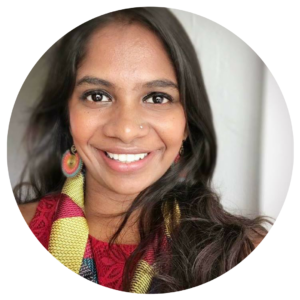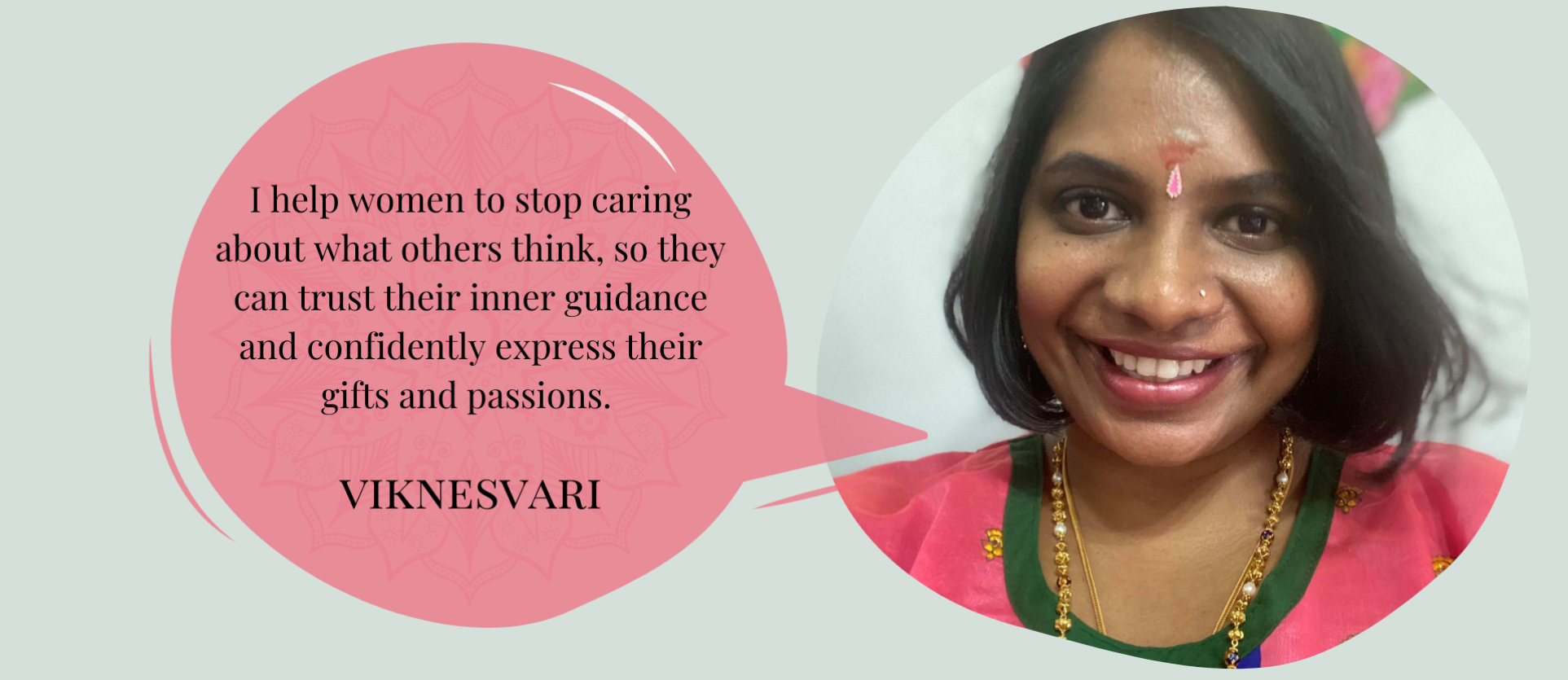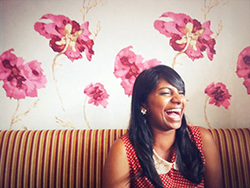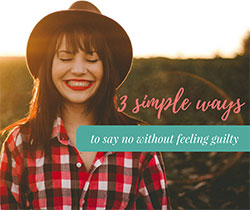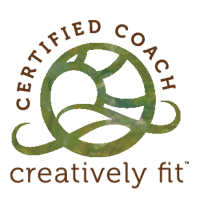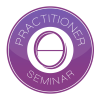Stop Avoiding Confrontations and Start Having ‘Carefrontations’ in your Relationships

One of the reasons why you’re afraid of confrontations in personal relationships is because you’re worried about how what you say is going to be heard, received and how you would be perceived by the other person. You may also be afraid of being rejected or judged and as a result choose to avoid these tough conversations instead.
In a series of blog posts to follow, I will share with you what has helped me to have the tough conversations with my beloved partner. There are 3 stages to this process – (i) creating a foundation with inner preparations, (ii) creating a safe space for the tough conversations and (iii) actually having the conversation with your loved one. Let’s begin with the inner preparations. Here are 4 ways to do that:
(1) Become aware of your expectations of a ‘confrontation’
The meaning of the word ‘confrontation’ itself means a hostile or argumentative situation or meeting between opposing parties. When you prepare yourself for a confrontational conversation, you’re already expecting your partner to reject or oppose what you’re about to say. Imagine entering the arena with your protective shield and gear on, your sword pointing, waiting to charge ahead.
When you enter the conversation in this stance, you’re expecting to be rejected, hurt and you’re expecting that the other person will be upset. The moment something feels ‘off’ or you feel ‘threatened’, your brain is triggered to ‘survival mode’ to protect you by avoiding the person or situation, emotionally shutting down or numbing your pain.
I know this feeling intimately because I used to turn my phone to ‘flight mode’ to disconnect and remove any possibility of contact from my beloved. I also changed my what’s app display picture to something else, instead of our couple picture to show that I was feeling upset. These ‘moves’ were actions to express what I was unable to do so in words, when I was triggered.
Think about the topics that you often feel you’re getting into a confrontation about with your partner. Reflect on the expectations that you may have had, before entering that conversation.
(2) Reframe ‘confrontation’ to ‘carefrontation’
Iyanla Vanzant defines a confrontation as “a communication with a person that you have an important relationship with where information needs to be shared, clarity needs to be gained, feelings need to be expressed or something that is going to enhance, heal and grow the relationship.”
When you bring the concept of ‘confrontation’ into personal relationships with your partner or loved ones, it becomes a ‘tough conversation’ with a person that you absolutely love, who may have a different point of view.
Iyanla goes on to reframe ‘confrontation’ as ‘carefrontation’. She says “I care enough about you to want this relationship”.
Use variations of this statement such as:
I care enough about you, to have this conversation.
I care enough about you, to make this relationship work.
Allow this mantra, intention or belief to be at the basis of your conversation, before you approach your partner.
(3) Accept your anger
One of the first steps to being better at confrontations and conflicts in relationships is to start being ok and accepting your own anger and strong opinions. Create space within yourself, to hold your own anger so that you can begin to create space within your relationship to hold anger, disagreements or differences in opinions.
Your anger is part of your power. – Bethany Webster
My colleague made a comment recently that ‘who wouldn’t be afraid/nervous’, when it came to working with clients who feel angry? I knew that the intention for this comment was to ‘normalise’ the experience, knowing that you are not alone, however this comment did not resonate with me.
As I practiced mindfulness this year with a focus on allowing my emotions to surface, making peace with how I felt and reflecting on why I was triggered… it helped me to expand my ability to hold all of my emotions. It was a process of feeling it fully, expressing it and then letting it go. By doing so, I saw that I was able to speak calmly to clients who presented with anger. Over time I began to have difficult conversations with my partner too in ways that felt better for me.
(4) Dig deeper into your perceptions of the confrontational response
When your partner responds to you in a confrontation – what are some of your thoughts running through your mind?
At times I had thought that…
he was upset with me,
he was rejecting what I was saying,
he was pushing deep into my open wounds,
he had no regard for my feelings,
he did not care and so on.
Most of the times when my partner communicated a strong opinion, I took it to mean that he was angry. I realised that that was not true. He was communicating what he believed to be true. If my ego was in control that day, I would feel hurt and disconnected from him. On days that I am aware and centered, I was open to receive his view and his reasoning behind it. In fact, I would invite him to share his view about something or his view about how I was feeling about a situation etc.
If your close relationships are important to you, take time to do this work and you will see the benefits of it as you put it into practice. I’d love to what you found helpful about this blog, so leave a comment below and let me know!
PS: If you’d like support with daily prompts and accountability, join my group Flow of Appreciation where we have daily practices that will help to shift your important relationships in your life. . I’ll see you inside the circle!
